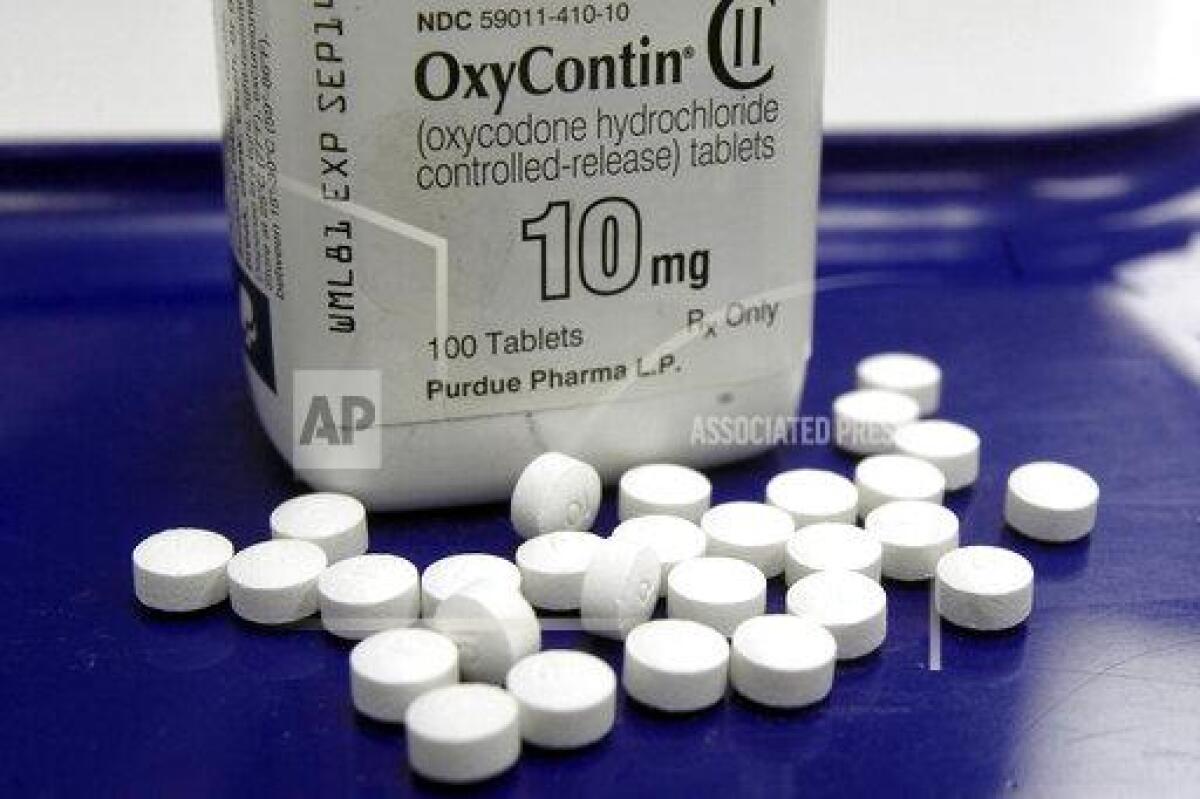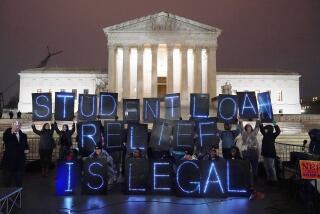Judge urges talks between Purdue Pharma and holdout states

A federal bankruptcy judge on Friday urged states that oppose a settlement plan with Purdue Pharma to try to work out differences with the OxyContin maker before he issues a ruling next week.
During a videoconference hearing, Judge Robert Drain warned of lengthy and expensive appeals if he approves the plan over their objections.
“Time is no one’s friend,” he said, noting that legal delays can keep settlement money from flowing to victims of the opioid crisis and programs to address the epidemic.
He encouraged the 10 states that continue to oppose the settlement to use the next few days to negotiate with Purdue and members of the Sackler family who own it.
“It would be a real service to millions, if not tens of millions of people, if the objecting states or at least some subset of them were able to resolve their differences with the Sacklers,” Drain said.
The judge said he expects to issue his ruling Wednesday on a reorganization plan for Purdue that would settle some 3,000 lawsuits against the pharmaceutical giant.
Purdue Pharma discussed diverting online readers away from L.A. Times stories about its marketing of OxyContin and the opiois crisis, court records show.
The key objection for most of the states is that members of the Sackler family would be granted protection from lawsuits over the opioid crisis, even though it is the company — not the family — that is going through bankruptcy proceedings.
Recent negotiations have led to agreements not to include protection from non-opioid-related lawsuits for family members and to narrow the list of others who could be granted protection, including some law firms.
Under the plan Drain is considering, the Sacklers would lose control of Purdue and the company would be under the control of a new board appointed by government officials. Its future profits would be used to fight the epidemic, which has been linked to more than 500,000 deaths in the U.S. since 2000.
Sackler family members would contribute $4.5 billion in cash and control of charitable funds. Some individual victims and their survivors would receive payments estimated to range from $3,500 to $48,000.
The bankruptcy judge also said he wanted to resolve questions about some details of the complicated settlement plan. He was focusing on insurance issues and legal agreements between Purdue and other companies in the opioid industry, including distributors and pharmacies.
More to Read
Sign up for Essential California
The most important California stories and recommendations in your inbox every morning.
You may occasionally receive promotional content from the Los Angeles Times.










